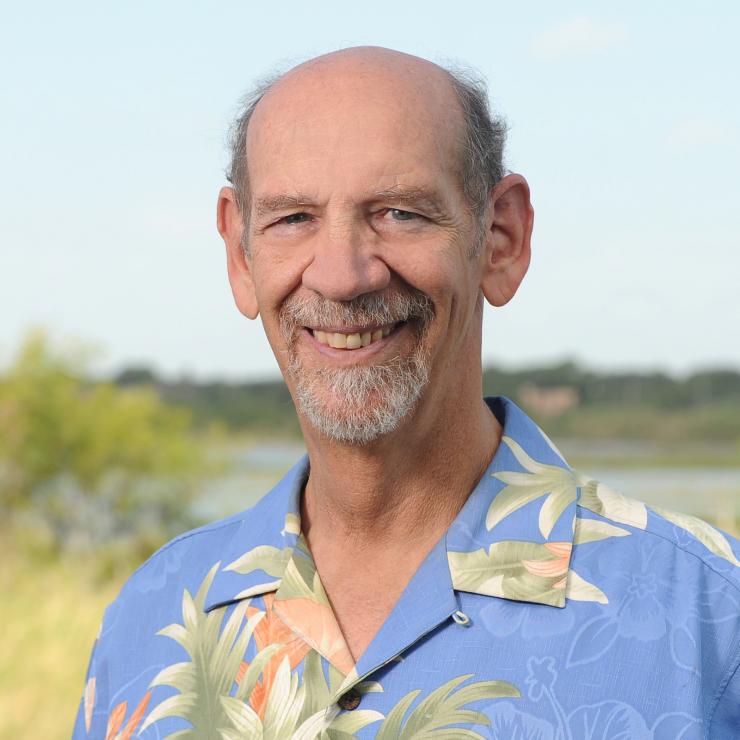
Paul Montagna, Ph.D.
Expertise
In 2006, Dr. Montagna joined the HRI Team. He focuses on how organisms control and regulate marine ecosystems and coastal environments. This work is critical in guiding resource management decisions. He and his team closely examine bottom-living organisms and the various attributes of water quality. The increasingly important relationships between humans and the environment are considered in detail through his studies as he looks at the environmental flows, nutrients, and the ultimate impact on marine life.
He adapts his research to the real world by building relationships with business and industry. In the fall of 2009, Sink Your ShucksTM, the oyster shell recycling program, launched in partnership with local restaurants and the Port of Corpus Christi. Projects such as these recognize the need for cooperation and education of all of the stakeholders.
Sink Your ShucksTM Oyster Recycling Program
Additional Activities
Dr. Montagna shares his expertise with a broad range of organizations. He has initiated conferences and events focused on freshwater inflow into the Gulf ecosystems. He received the Chairman's Award, for extended commitment and extraordinary effectiveness in preserving our rich coastal heritage from the Coastal Bend Bays Foundation. He was a member of the Texas Environmental Flows Science Advisory Committee, which guided development of environmental flow standards for all Texas rivers and bays. He has worked with numerous regional, state and national groups to address critical estuarine issues, but especially for environmental flows. He advised the National Oceanic and Atmospheric Administration to assess the damage of the deep sea ecosystem during and after the Deepwater Horizon oil spill event. He is currently Co-Editor in Chief for the journal Estuaries and Coasts. Dr. Montagna also serves as the institutional lead for NOAA’s Education Partnership Program’s Center for Coastal and Marine Ecosystems (CCME) and as director of the Texas OneGulf Center of Excellence.
Research Focus and Interests
Through his work, Dr. Montagna incorporates a long-term viewpoint. His research to understand the response of estuary ecosystems and organisms such as mollusks, crustaceans, and polychaetes, to freshwater inflow is accomplished by tracking the level of freshwater inflow, nutrients, sediments, and water column characteristics in the bays. The goal of his research is to develop strategies to maintain bay productivity and health. He typically will bring together all of the Harte Research Institute's disciplines to address critical freshwater inflow understanding. The current focus is to synthesize all information about inflow to the entire Texas coast to help evaluate environmental flow standards and make new recommendations. He works with students and researchers to ensure both effective learning and results, and was awarded the Niering Outstanding Educator Award by the Coastal & Estuarine Research Federation in 2013.
Publications
Dr. Montagna has demonstrated his commitment to sharing his research and knowledge. He has participated in more than 327 publications and technical reports. Because of the continued emphasis on understanding the relationship of freshwater to long-term health in the Gulf by a broad range of interests, his perspectives and research are critical.
Dr. Montagna's bibliographies can be found at the following links:
https://www.researchgate.net/profile/Paul_Montagna/contributions
https://www.mendeley.com/library/my-publications
https://scholar.google.com.au/citations?user=X7diClUAAAAJ&hl=en
https://tamu.academia.edu/PaulMontagna/Analytics/activity/documents
https://orcid.org/0000-0003-4199-3312
https://publons.com/researcher/1737529/paul-a-montagna/
